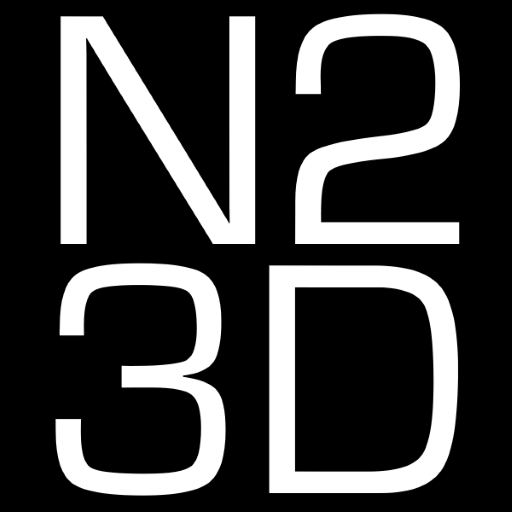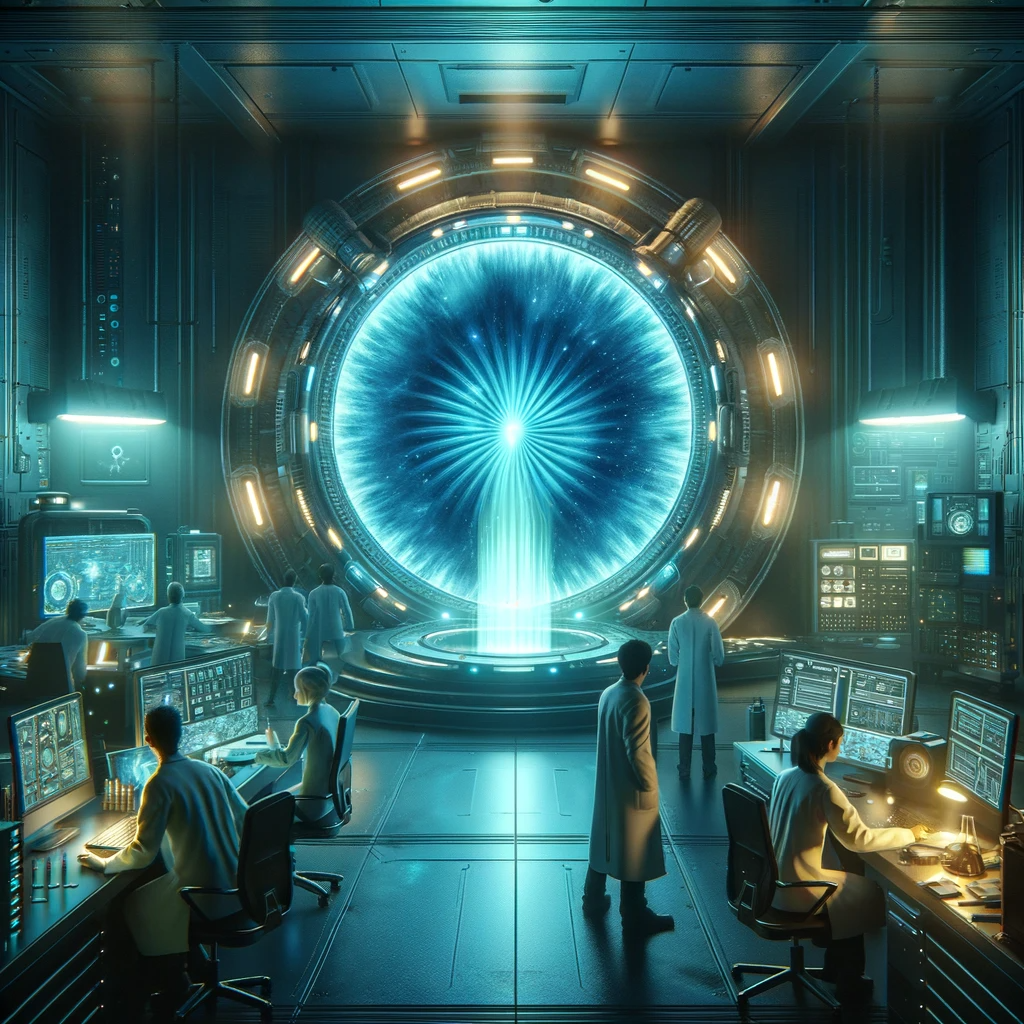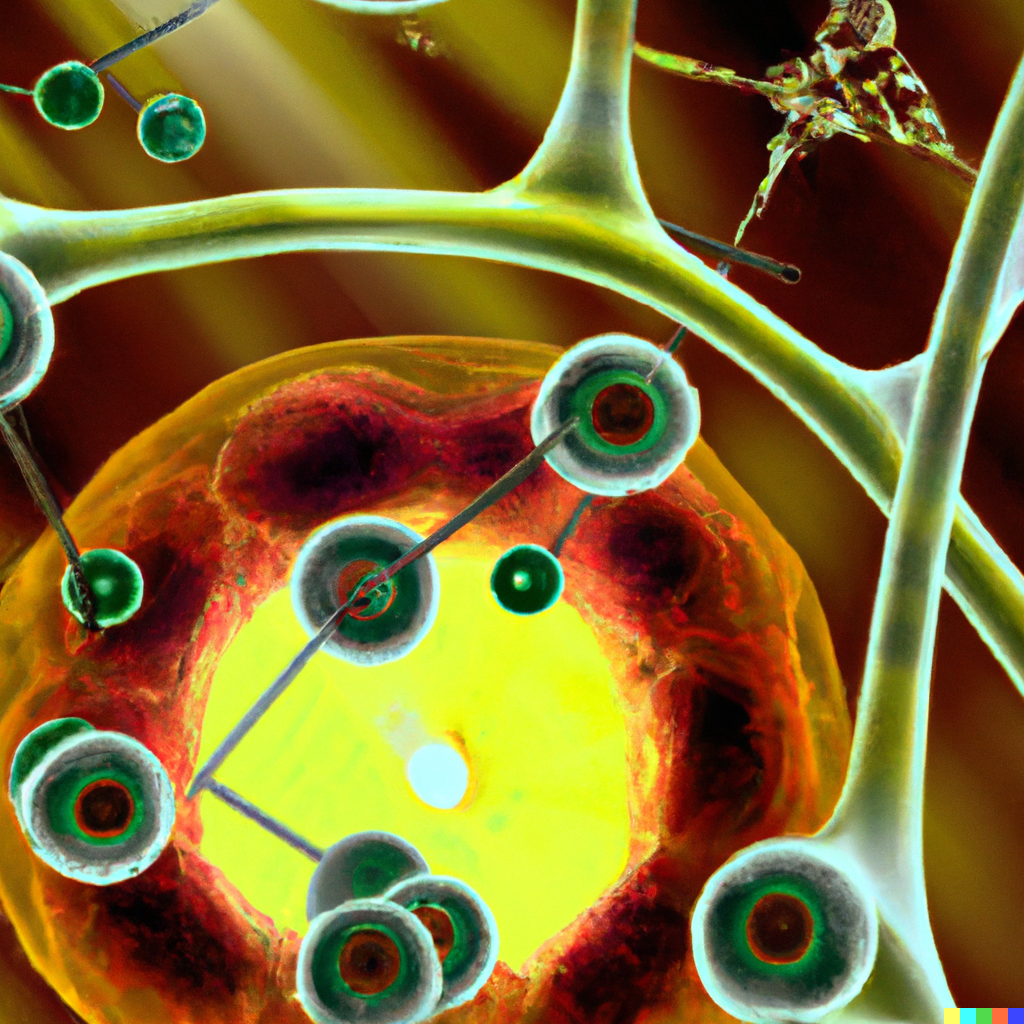Nuclear physics is a branch of physics that deals with the properties and behavior of atomic nuclei and their interactions with other particles. Some specializations in nuclear physics include:
- Nuclear Structure: The study of the properties and behavior of atomic nuclei, including their energy levels, shapes, and lifetimes.
- Nuclear Reactions: The study of the interactions between atomic nuclei and other particles, including fusion, fission, and radioactive decay.
- Nuclear Astrophysics: The study of the behavior and properties of atomic nuclei in astrophysical contexts, including the origin of elements in the universe.
- Nuclear Instrumentation: The development and use of detectors and other instruments for the measurement of radiation and nuclear phenomena.
- Heavy Ion Physics: The study of the behavior and properties of atomic nuclei at high energies, including the study of quark-gluon plasma.
- Neutron Physics: The study of the behavior and properties of neutrons, including their interactions with matter and their use in imaging and materials science.
- Nuclear Medicine: The use of radioactive isotopes for medical imaging and therapy.
- Nuclear Energy: The study of the production and use of nuclear energy, including the design and operation of nuclear reactors and the storage and disposal of nuclear waste.
- Radiation Protection: The study of the effects of radiation on living organisms and the development of methods for protecting against radiation exposure.
- Nuclear Data: The development and use of databases and models for the calculation and prediction of nuclear properties and behavior.
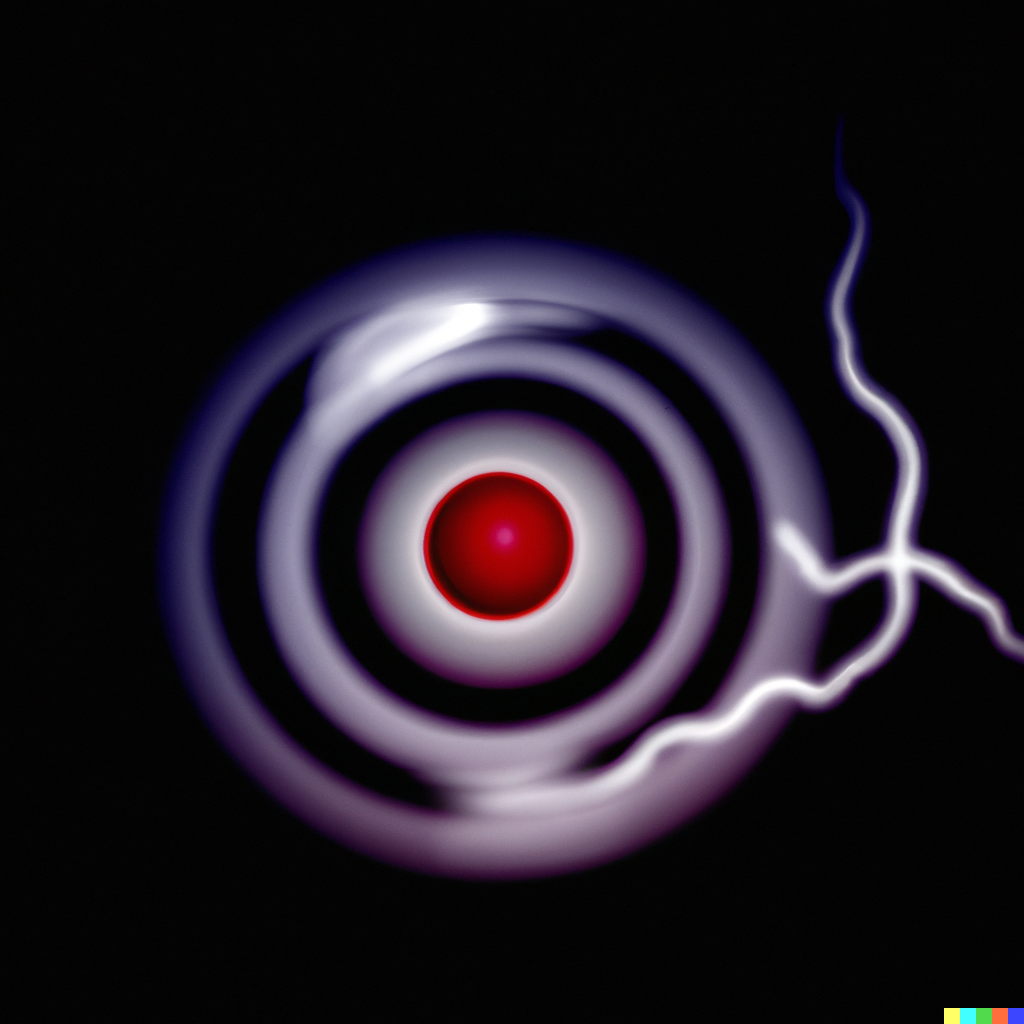
Nuclear structure is a field of study that focuses on the properties and behavior of atomic nuclei. Here are some specializations within nuclear structure:
- Nuclear models: This specialization involves the development and use of theoretical models to describe the structure and behavior of atomic nuclei, including the shell model, collective models, and nuclear density functional theory.
- Nuclear spectroscopy: This specialization involves the study of the energy levels and excited states of atomic nuclei using techniques such as gamma-ray spectroscopy and particle spectroscopy.
- Nuclear reactions: This specialization is concerned with understanding the behavior of atomic nuclei in reactions, including fusion, fission, and nuclear decay.
- Nuclear astrophysics: This specialization focuses on understanding the role of nuclear processes in astrophysical phenomena, including the origin of the elements, stellar evolution, and nucleosynthesis.
- Nuclear data: This specialization involves the collection, evaluation, and dissemination of data on nuclear properties, such as masses, decay modes, and cross sections.
- Nuclear medicine: This specialization is concerned with the use of radioactive isotopes and radiation for medical applications, such as imaging and cancer therapy.
- Nuclear engineering: This specialization involves the design and development of nuclear technology, including power generation, radiation detection, and nuclear waste management.
These are just a few examples of the specializations within nuclear structure. Depending on the institution, there may be additional specializations or sub-disciplines.
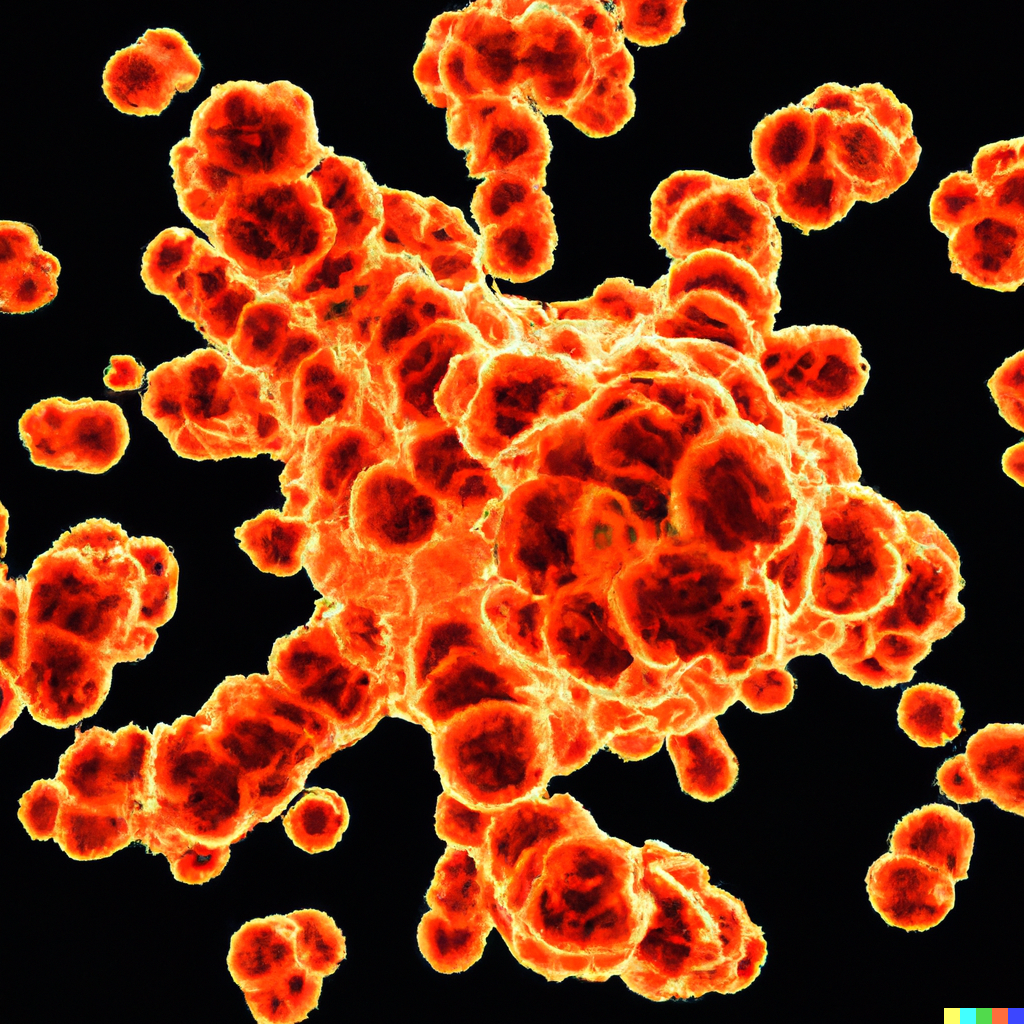
Nuclear reactions refer to the processes that involve the change in the composition or structure of atomic nuclei, and are of interest in fields such as nuclear physics, astrophysics, and nuclear engineering. Here are some specializations within nuclear reactions:
- Nuclear reaction theory: This specialization involves the development and use of theoretical models to describe and predict the outcomes of nuclear reactions.
- Experimental nuclear reactions: This specialization involves the use of experimental techniques to study nuclear reactions, including the measurement of cross-sections, reaction rates, and angular distributions.
- Nuclear astrophysics: This specialization focuses on understanding the role of nuclear reactions in astrophysical phenomena, including the origin of the elements, stellar evolution, and nucleosynthesis.
- Fusion research: This specialization is concerned with the study of nuclear fusion reactions, which have the potential to provide a safe and sustainable source of energy.
- Nuclear waste management: This specialization involves the development and implementation of strategies for the safe and effective management of nuclear waste generated by nuclear reactions.
- Radioactive ion beams: This specialization involves the production and study of exotic nuclei using radioactive ion beam facilities.
- Applications of nuclear reactions: This specialization is concerned with the practical applications of nuclear reactions, including in nuclear medicine, radiation therapy, and materials science.
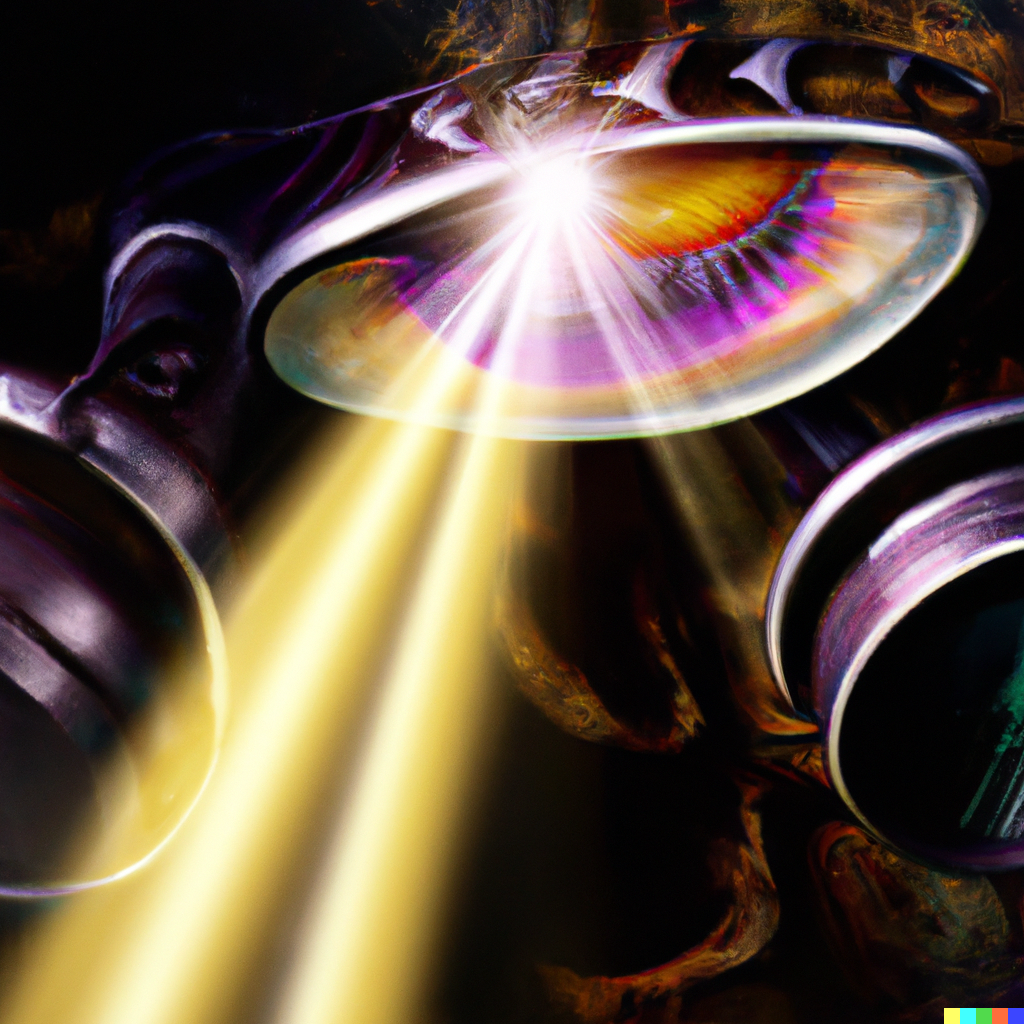
Nuclear astrophysics is a field that focuses on the study of the nuclear processes that occur in stars and other astrophysical environments. Here are some specializations within nuclear astrophysics:
- Stellar evolution: This specialization involves the study of how stars evolve over time, including the role of nuclear reactions in powering and shaping their evolution.
- Nucleosynthesis: This specialization focuses on understanding the origin of the elements and the nuclear reactions that lead to their formation, including the production of heavy elements in supernova explosions.
- Neutron stars and compact objects: This specialization is concerned with the study of the properties and behavior of neutron stars, black holes, and other compact objects, including the role of nuclear reactions in powering their emission of radiation.
- Cosmology and the early universe: This specialization involves the study of the role of nuclear processes in the evolution and structure of the universe, including the production of light elements in the early universe.
- Experimental nuclear astrophysics: This specialization involves the use of experimental techniques to study the nuclear reactions that occur in stars and other astrophysical environments, including the measurement of cross-sections and reaction rates.
- Computational nuclear astrophysics: This specialization involves the use of computational models and simulations to understand and predict the behavior of nuclear reactions in astrophysical environments.
- Applications of nuclear astrophysics: This specialization is concerned with the practical applications of nuclear astrophysics, including in the development of new materials and nuclear technologies.
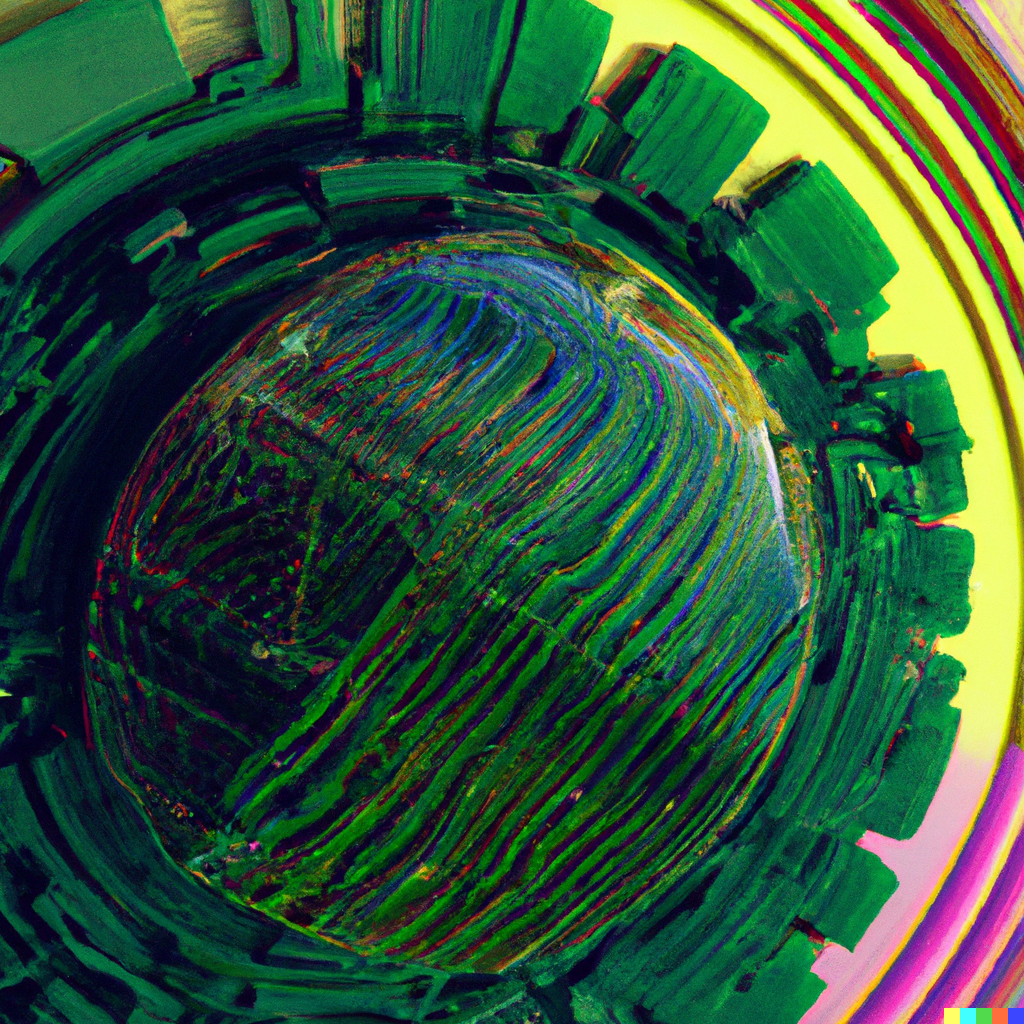
Nuclear instrumentation is a field of study that involves the design, development, and application of instruments and techniques for detecting, measuring, and analyzing ionizing radiation. Here are some specializations within nuclear instrumentation:
- Radiation detectors: This specialization involves the design and development of devices for detecting and measuring ionizing radiation, including gas detectors, scintillation detectors, and solid-state detectors.
- Nuclear spectrometry: This specialization is concerned with the measurement and analysis of the energy spectra of ionizing radiation, including gamma-ray spectroscopy and neutron spectrometry.
- Radiation imaging: This specialization involves the development of imaging techniques for visualizing and mapping ionizing radiation, including positron emission tomography (PET) and single-photon emission computed tomography (SPECT).
- Radiation shielding and dosimetry: This specialization is concerned with the design and optimization of materials and structures for shielding against ionizing radiation, as well as the measurement and assessment of radiation dose.
- Nuclear data analysis: This specialization involves the analysis and interpretation of nuclear data, including cross sections, decay rates, and reaction products.
- Nuclear electronics: This specialization involves the design and development of electronic systems for the acquisition and processing of nuclear data, including analog and digital signal processing.
- Nuclear imaging and therapy: This specialization involves the development and application of nuclear medicine techniques for diagnosis and therapy, including the use of radiopharmaceuticals and radiation therapy.
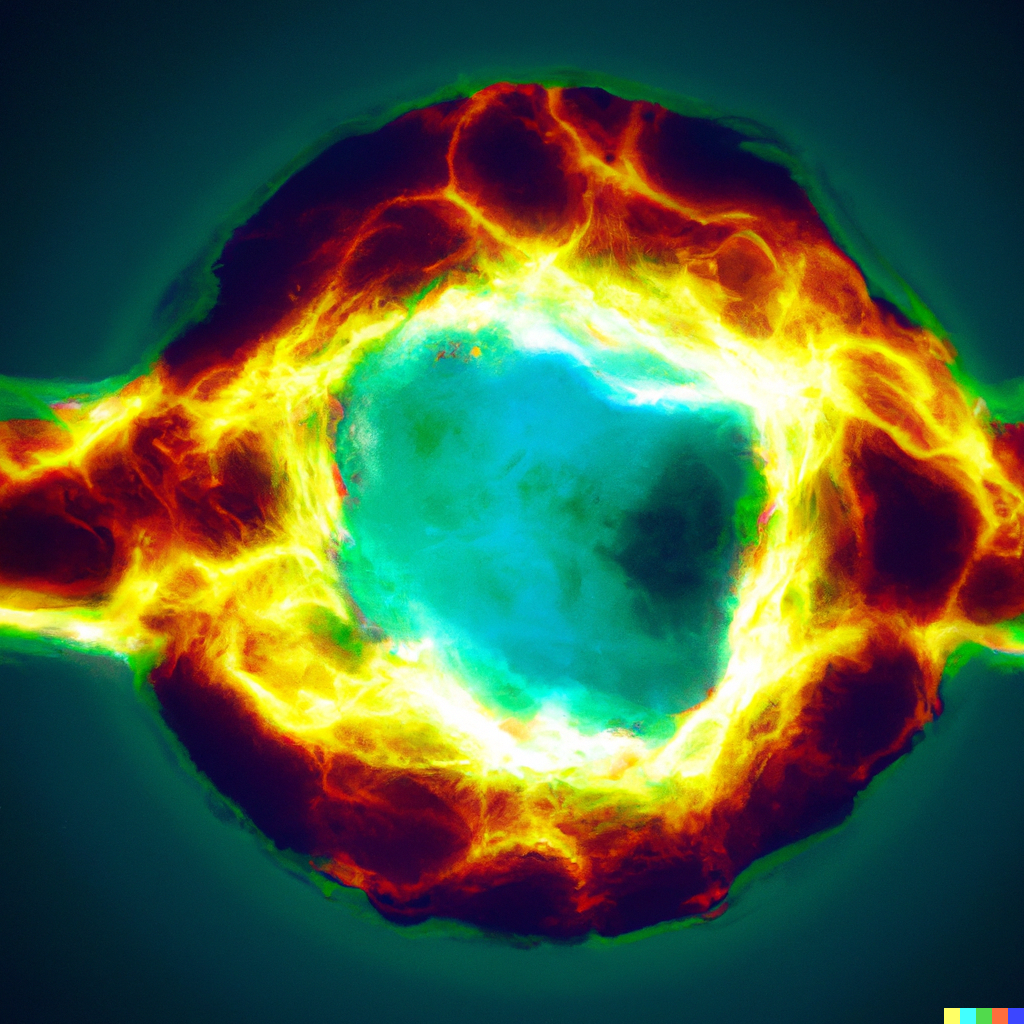
Heavy ion physics is a field of study that involves the study of the properties and behavior of atomic nuclei and other forms of matter under extreme conditions, typically in collisions involving heavy ions. Here are some specializations within heavy ion physics:
- Quark-gluon plasma: This specialization involves the study of the properties of matter at extremely high temperatures and densities, including the formation and behavior of the quark-gluon plasma.
- Nuclear matter: This specialization focuses on understanding the properties and behavior of atomic nuclei and nuclear matter, including the structure and dynamics of nuclear matter under extreme conditions.
- High-energy collisions: This specialization involves the study of the behavior of atomic nuclei and other forms of matter in high-energy collisions, including the measurement of particle production and correlations.
- Relativistic heavy ion collisions: This specialization is concerned with the study of the properties and behavior of atomic nuclei in collisions at relativistic energies, including the formation and evolution of the quark-gluon plasma.
- Heavy ion astrophysics: This specialization involves the study of the properties and behavior of matter in astrophysical environments, including the synthesis of heavy elements in supernova explosions.
- Experimental heavy ion physics: This specialization involves the use of experimental techniques to study the properties and behavior of heavy ions, including the design and construction of detectors and other instrumentation.
- Theoretical heavy ion physics: This specialization involves the development and use of theoretical models and simulations to understand and predict the behavior of heavy ion systems under extreme conditions.

Neutron physics is a field that focuses on the properties and behavior of neutrons, which are uncharged particles that are found in atomic nuclei. Here are some specializations within neutron physics:
- Neutron scattering: This specialization involves the use of neutrons to probe the structure and dynamics of materials, including the study of atomic and molecular structure, magnetic and electronic properties, and biological systems.
- Neutron sources: This specialization is concerned with the development and operation of facilities that produce neutrons, including research reactors, spallation sources, and neutron generators.
- Neutron detectors: This specialization involves the design and development of detectors for measuring the presence and properties of neutrons, including gas detectors, scintillation detectors, and solid-state detectors.
- Neutron imaging: This specialization involves the use of neutrons to produce images of materials, including the study of internal structures and defects in materials.
- Neutron activation analysis: This specialization is concerned with the measurement and analysis of the radioactivity induced by neutron irradiation, including the study of the composition and origin of materials.
- Neutron dosimetry: This specialization involves the measurement and assessment of the radiation dose received by humans and other living organisms from exposure to neutrons.
- Neutron transport: This specialization involves the study of the behavior of neutrons as they interact with matter and travel through materials, including the development and use of computational models and simulations.
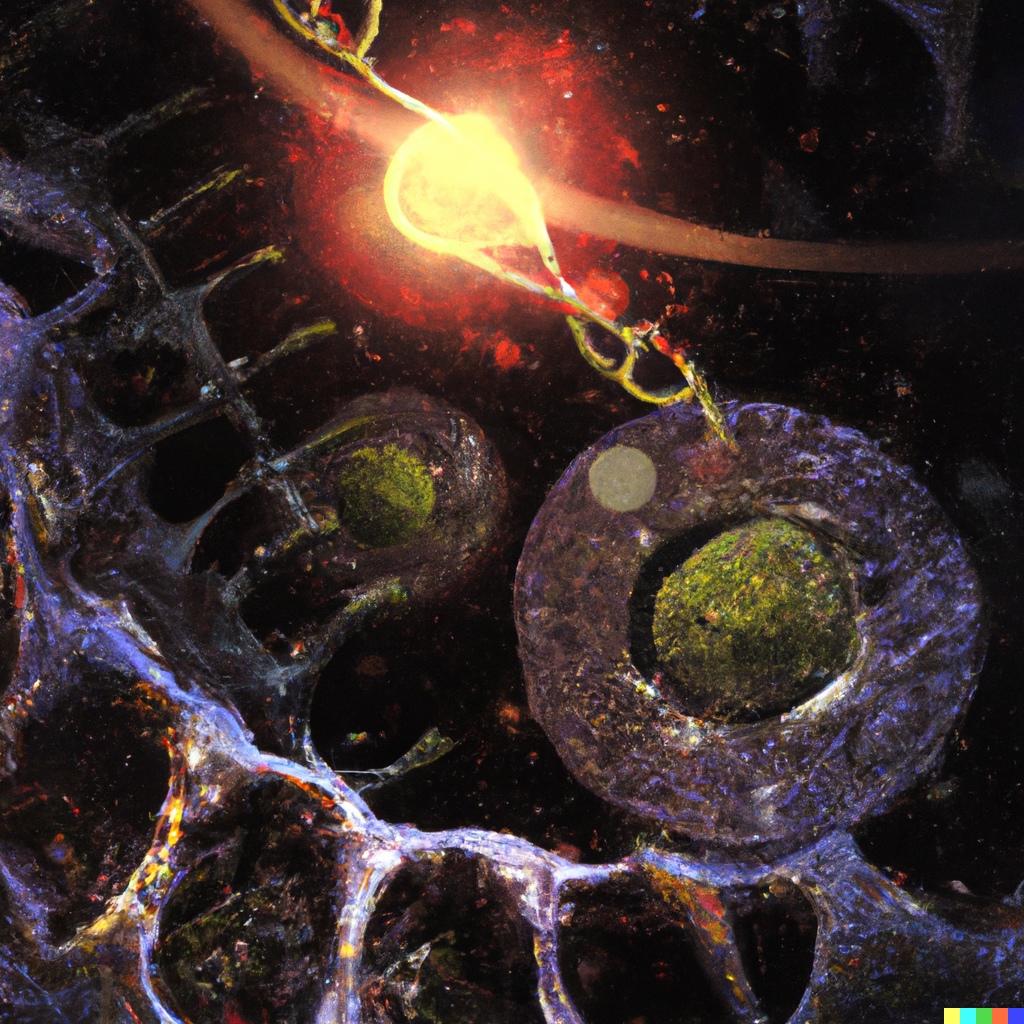
Nuclear medicine is a field of study that involves the use of radioactive substances and radiation for diagnosis, treatment, and research purposes. Here are some specializations within nuclear medicine:
- Nuclear imaging: This specialization involves the use of radiopharmaceuticals and imaging techniques to produce images of organs and tissues, including single-photon emission computed tomography (SPECT) and positron emission tomography (PET).
- Radionuclide therapy: This specialization is concerned with the use of radioactive substances for therapeutic purposes, including the treatment of cancer and other diseases.
- Radiation safety: This specialization involves the development and implementation of strategies for ensuring the safe use of radioactive substances and radiation in medical applications.
- Radiochemistry: This specialization is concerned with the development and production of radiopharmaceuticals and other radioactive substances used in nuclear medicine.
- Radiopharmaceutical sciences: This specialization involves the study of the pharmacology and biokinetics of radiopharmaceuticals, including their uptake, distribution, and elimination from the body.
- Molecular imaging: This specialization is concerned with the use of molecular probes and imaging techniques to study the molecular and cellular processes underlying disease.
- Nuclear medicine physics: This specialization involves the development and application of physics principles and techniques to nuclear medicine, including the design and optimization of imaging systems and radiation dosimetry.
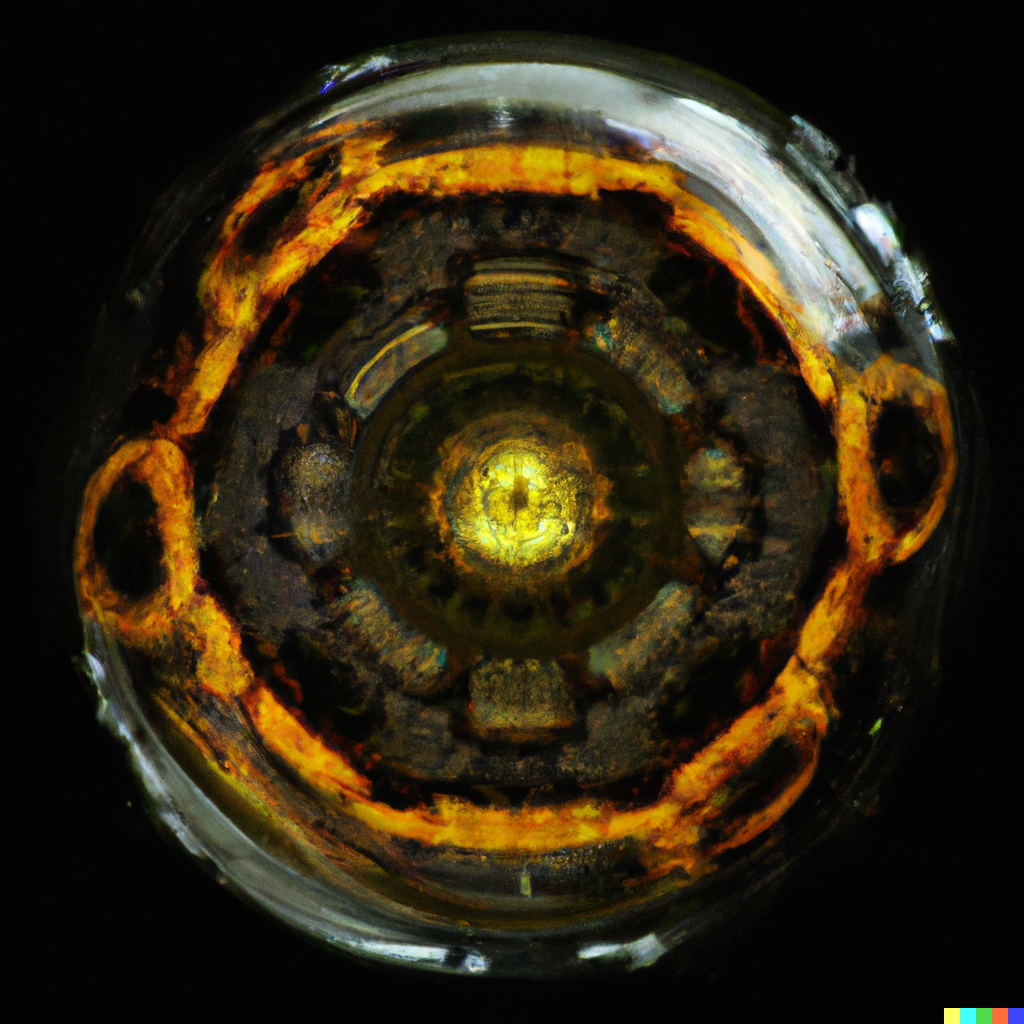
Nuclear energy is a field of study that involves the use of nuclear reactions to generate energy, typically through the process of nuclear fission. Here are some specializations within nuclear energy:
- Nuclear reactor design: This specialization involves the design and development of nuclear reactors, including their core design, fuel management, and safety systems.
- Nuclear power plant operation: This specialization is concerned with the operation and maintenance of nuclear power plants, including their control systems, safety procedures, and emergency response.
- Nuclear fuel cycle: This specialization involves the study of the production, transport, and disposal of nuclear fuel, including the mining, processing, and enrichment of uranium.
- Nuclear waste management: This specialization is concerned with the safe and effective management of radioactive waste generated by nuclear energy, including storage, transport, and disposal.
- Nuclear materials: This specialization involves the study of the properties and behavior of materials used in nuclear energy, including fuel materials, reactor components, and radiation shielding.
- Nuclear safety: This specialization involves the development and implementation of strategies for ensuring the safe and reliable operation of nuclear energy systems, including risk assessment and management, safety culture, and regulatory compliance.
- Advanced nuclear technologies: This specialization is concerned with the development and deployment of advanced nuclear technologies, including small modular reactors, advanced fuel cycles, and fusion energy.
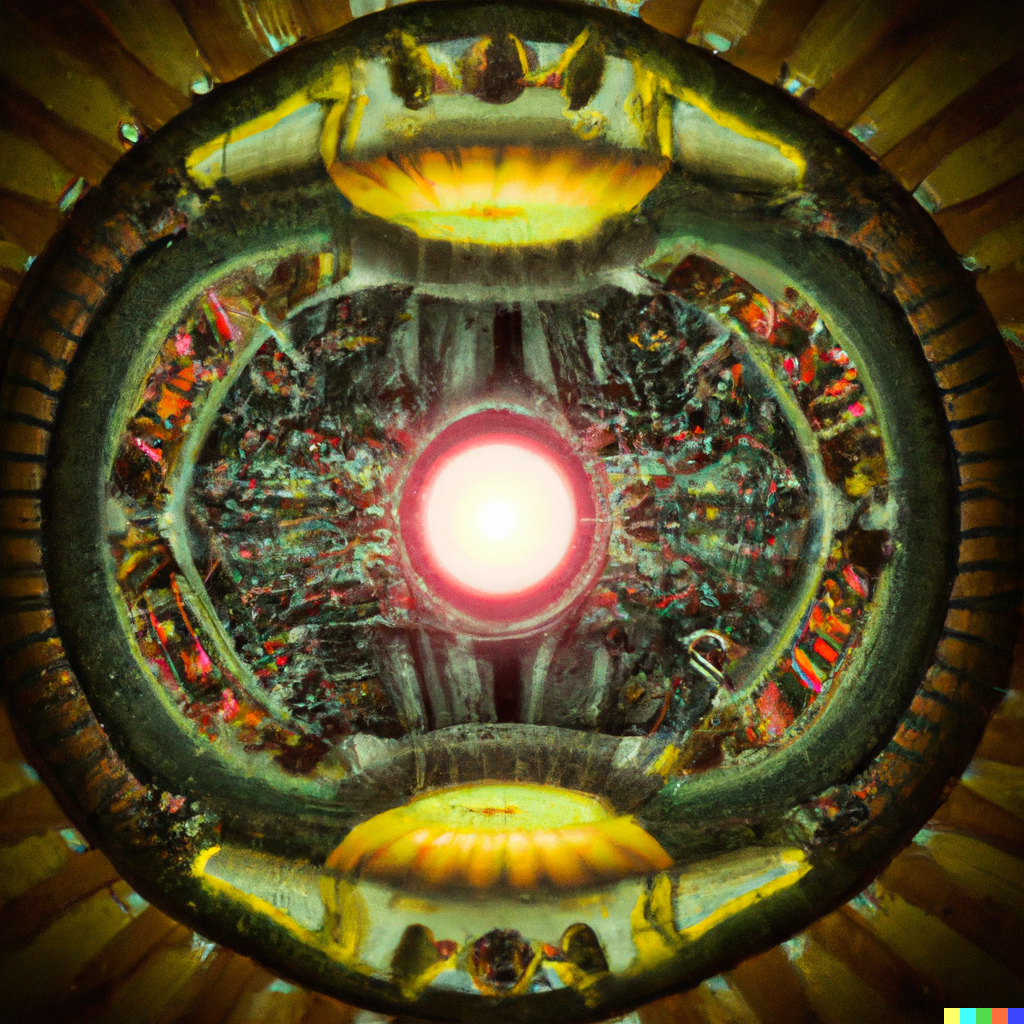
Radiation protection is a field of study that focuses on the protection of people and the environment from exposure to ionizing radiation. Here are some specializations within radiation protection:
- Health physics: This specialization involves the application of physics principles to radiation protection, including the measurement and assessment of radiation exposure, and the design and implementation of radiation protection programs.
- Radiation shielding: This specialization involves the design and optimization of materials and structures for shielding against ionizing radiation, including the design of radiation shielding systems for medical and industrial applications.
- Radiation detection: This specialization involves the design and development of detectors and instrumentation for measuring and detecting ionizing radiation.
- Environmental radiation protection: This specialization is concerned with the monitoring and control of environmental radiation, including the measurement and assessment of radon levels and radioactive contamination in soil and water.
- Emergency response: This specialization involves the development and implementation of emergency response plans for incidents involving radiation, including natural disasters and nuclear accidents.
- Regulatory compliance: This specialization involves the development and implementation of regulations and standards for the safe use of ionizing radiation, including the licensing and inspection of radiation sources and facilities.
- Radiation biology: This specialization involves the study of the biological effects of ionizing radiation on living organisms, including the mechanisms of radiation damage and the development of radiation therapies for cancer.
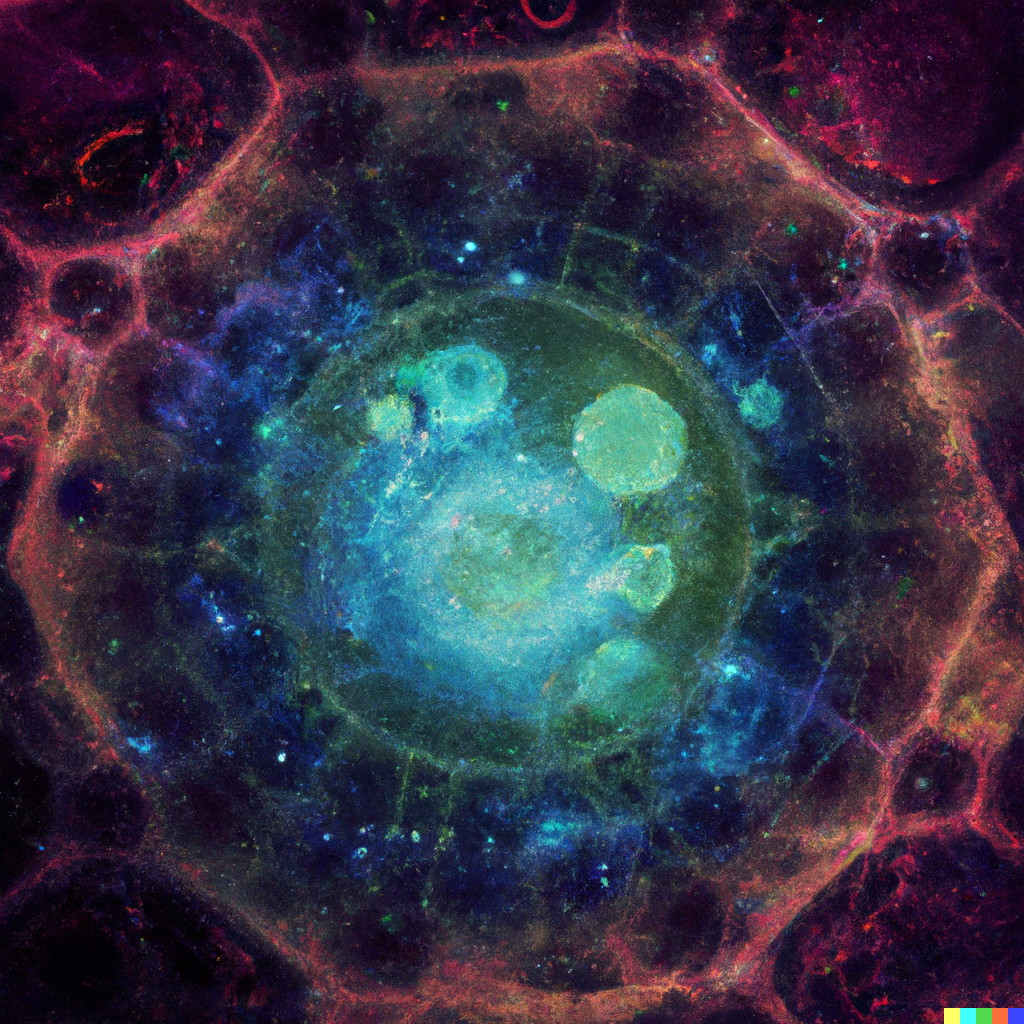
Nuclear data is a field of study that involves the collection, evaluation, and dissemination of data on the properties and behavior of atomic nuclei and other forms of matter. Here are some specializations within nuclear data:
- Nuclear data evaluation: This specialization involves the evaluation and compilation of experimental and theoretical nuclear data, including cross sections, decay modes, and reaction products.
- Nuclear data measurement: This specialization involves the design and conduct of experiments to measure nuclear data, including the use of nuclear reactions and radiation detectors.
- Nuclear data processing: This specialization involves the development and application of computational techniques for processing and analyzing nuclear data, including statistical methods and uncertainty quantification.
- Nuclear data dissemination: This specialization involves the development and maintenance of databases and libraries for storing and distributing nuclear data, including the Evaluated Nuclear Data File (ENDF) and the Nuclear Data Sheets.
- Applications of nuclear data: This specialization is concerned with the practical applications of nuclear data, including in nuclear engineering, nuclear medicine, and environmental monitoring.
- Nuclear data theory: This specialization involves the development and use of theoretical models to predict and interpret nuclear data, including nuclear structure models and reaction mechanisms.
- Nuclear data validation: This specialization involves the validation and verification of nuclear data, including the comparison of experimental data with theoretical predictions and the use of benchmarking and validation studies.
